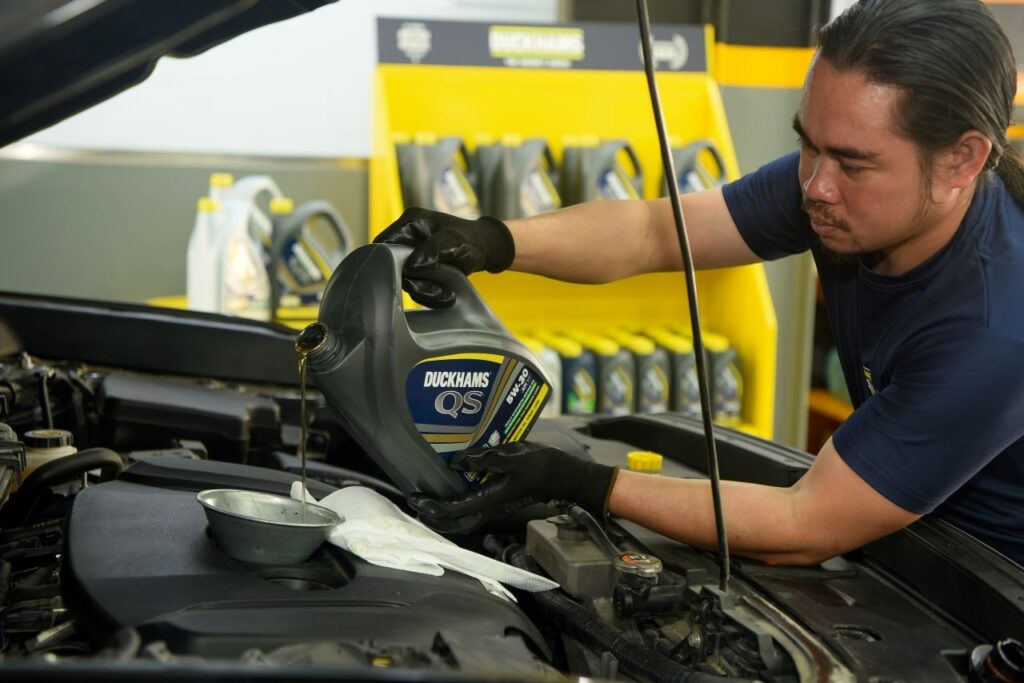The UK government’s proposed ban on new petrol and diesel car sales by 2030 is becoming an increasingly contentious issue as the transition to zero-emission vehicles gathers pace. While the 2030 deadline has been part of the government’s plan since 2020, recent developments, including a shift in political leadership, have led to the postponement of the ban until 2035. However, with a new Labour government now pushing to return to the original 2030 timeline, questions are being raised about whether this target remains realistic.
The UK government’s delay in 2023 was met with mixed reactions. Environmental groups such as Greenpeace UK condemned the postponement, stating it would undermine efforts to meet net-zero emissions targets by 2050. Conversely, many UK motorists welcomed the delay, citing concerns over the lack of charging infrastructure, high electric vehicle (EV) prices, and limited vehicle range.
Now, with the government pushing forward with plans to reinstate the 2030 ban, a public consultation is underway to gather feedback on how to effectively manage the transition to zero-emission vehicles. In a recent statement, the Secretary of State for Transport, Rt Hon Heidi Alexander MP, reaffirmed that all new cars and vans would need to be 100% zero-emission by 2035, with petrol and diesel vehicles phased out by 2030.
Despite the shift towards electric vehicles, traditional petrol and diesel cars still account for a significant proportion of the UK’s new car registrations. According to data from the European Automobile Manufacturers’ Association (ACEA), petrol and diesel cars made up 36.5% of new registrations in 2024. In comparison, Hybrid Electric Vehicles (HEVs) and Plug-in Hybrid Electric Vehicles (PHEVs) accounted for a combined 43.9%. This suggests that vehicles with internal combustion engines are still in high demand, and the transition to EVs has been slower than anticipated.
The UK’s vehicle fleet also remains older than many would expect. The average age of a passenger car in the UK has risen to 10.6 years, highlighting the long lifespan of internal combustion engine vehicles and the need for continued support for these vehicles as they remain on the road well into the next decade.
Mike Bewsey, CEO of Duckhams Global, a leading lubricants company, expressed concerns about the feasibility of the 2030 ban. He stated, “The lack of charging infrastructure, rising car prices, and the ongoing popularity of petrol and diesel vehicles mean the UK is falling short of the government’s EV adoption targets.” He pointed out that while electric vehicles are gaining ground in new car sales, diesel still dominates new van, truck, and bus registrations, and these vehicles are likely to remain in operation well past the 2030 deadline.
Duckhams, which has been supplying high-performance oils for over 125 years, continues to innovate and adapt its products to cater to both traditional and emerging vehicle technologies. The company offers a range of oils designed for modern petrol and diesel cars as well as hybrids and EVs, ensuring that motorists are supported as the UK car market continues to evolve.
As the 2030 ban looms closer, the challenges of meeting the government’s ambitious targets remain significant. With a rapidly ageing fleet, insufficient infrastructure, and a shift in consumer attitudes towards EVs, it remains to be seen whether the UK can meet the 2030 goal or if a further delay will be necessary.

